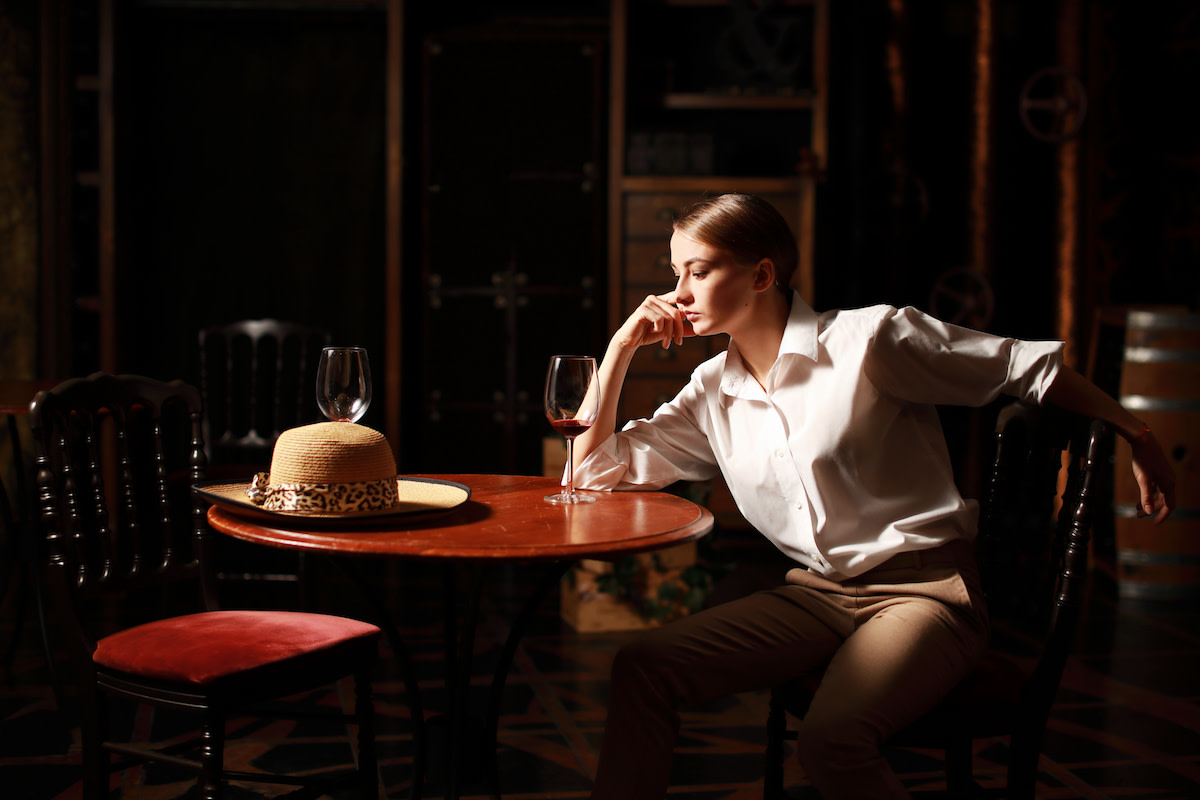How to Act Drunk: Performance Tips for Acting Drunk
Written by MasterClass
Last updated: Feb 10, 2023 • 2 min read
Drunk acting requires actors to change their physicality and pretend to be under the influence of alcohol. To inform your performance, review these tips on how to act drunk.
Learn From the Best
How to Act Drunk
Acting drunk onstage or behind the camera can be a challenge. Actors must ground themselves in the scene and express their character’s inebriation through speech and movement. Performers can try various vocal and physical tricks to mimic this human behavior.
“Some people are brilliant at being drunk. I think the whole trick of being drunk is to really try not to be drunk, to be sober. … I've seen certain actors can do this absolutely brilliantly. And I suspect that is kind of the trick. But with things like that, yes, there you need your little tools. Look at [a] film of drunk people, and you study the way they move, what their hands do, [if] they're grasping something, how they just miss. Or, you know, look at drunk people. There are many different kinds of drunk people, so decide which one you want to be.” — Helen Mirren
8 Tips for Acting Drunk
Acting drunk is a challenge, in particular the first time you do it. Use these tips to inform your performance:
- 1. Act sober. Often, drunk people try hard to minimize the physical symptoms of being drunk. You can portray a drunk character by focusing on how an intoxicated person would try to mask their drunkness. Fixate on walking straight or completing other simple tasks, like grasping onto prop keys.
- 2. Be physical. Alcohol impacts motor skills and affects how people react to their surroundings. To make your performance convincing, act like you have blurred vision, stumble when trying to walk straight, and act dizzy.
- 3. Consider the script. Pay attention to stage directions and the dialogue. Ask yourself the following questions: Is your character binge-drinking alone? Are they drinking with friends in a casual setting? Is your character acting like an angry drunk or a happy drunk? These context clues will help you determine the best movements to use to portray your character.
- 4. Lower your inhibitions. Drunk people often say or do things they usually would not do. Analyze the script to identify where your character might lower inhibitions and bring those moments into your performance.
- 5. Relax your body. Drinking alcohol depresses the nervous system, so intoxicated people often appear relaxed. Acting relaxed, especially if your character wouldn’t usually relax in the situation, will add a subtle touch to your performance.
- 6. Slur your speech. Alcohol consumption affects your ability to speak clearly, so try slurring your speech or mispronouncing words.
- 7. Think about your character. Read the script to understand the character’s situation and consider how your character reacts. Think about your character’s personality traits, what is going on in their personal life, and how they might respond to others in the scene.
- 8. Use personal experience. Approach the scene through method acting. If applicable, consider your past personal experiences with alcohol and draw on those to inform your character's choices and reactions.
Want to Learn More About Acting?
Become a better actor with the MasterClass Annual Membership. Gain access to exclusive video lessons taught by award-winning actors including Helen Mirren, Natalie Portman, Samuel L. Jackson, and more.
